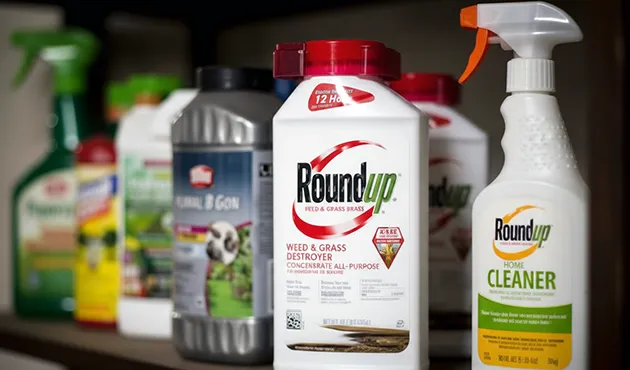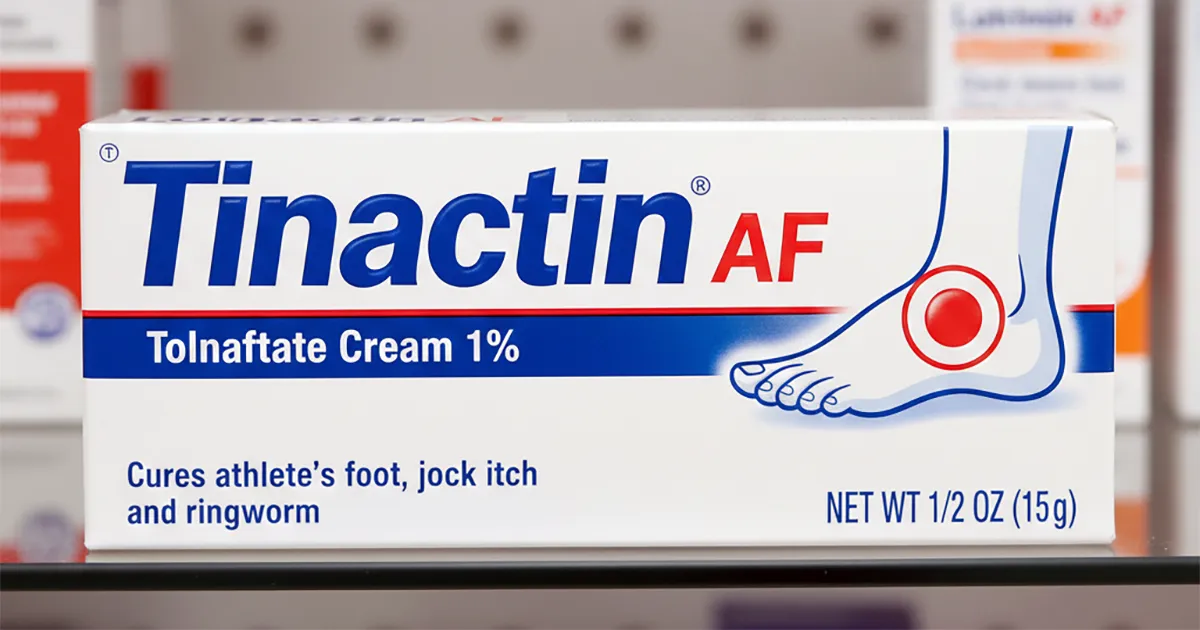Top 10 FACTA Class Action Settlements

Photo Credit: Unsplash | Updated: September 2, 2024
The Fair and Accurate Credit Transactions Act - FACTA
You may have heard of FACTA, or the Fair and Accurate Credit Transactions Act, and several class actions that were settled as a result of the FACTA law being broken. The law was enacted to protect consumers and their credit card information in order to provide stability for what is an almost absolute necessity today: good credit.Some recent class actions that were reported on OpenClassActions.com include the Cheesecake Factory FACTA class action settlement as well as the Hibbett, City Gear and Sports Additions receipt class action settlement. FACTA class actions have been a result of retailers printing receipts that display too much credit card or debit card information, which can lead to identity theft or fraud.
It's a fact of financial life that credit is key to financial success. You'll need a lender to issue you a line of credit if you want to secure a mortgage for a property or a student loan to pay for college. A good credit score might assist you in saving money and simplifying your financial life.
While a good credit score can help you get a better loan offer, a bad credit score can increase the cost of your major expenditures. Being a victim of identity theft is one of the things that might have a significant impact on your credit score. In 2003, Congress passed the Fair and Accurate Credit Transactions Act (FACTA) to address identity theft, recognizing the threats.
What is the Fair and Accurate Credit Transactions Act - FACTA?
The Fair and Accurate Credit Transactions Act (FACTA), passed in 2003, requires all firms to preserve and dispose of sensitive and personal data they collect about their clients regardless of size or industry. Its goal is to help clients prevent identity theft by allowing them to set fraud warnings on their credit reports. Customers' rights to access copies of their credit reports and scores, as well as information about how those scores are calculated, are also protected.FACTA has three broad objectives:
• Consumer Protection
• Security and Privacy
• Credit Reporting
These three goals work together to increase overall data security for consumers and reduce identity theft incidences. They protect consumers by making monitoring their credit reports easier and less expensive. In addition, the measures are considerably enhanced by consumers' ability to detect regulatory breaches, which aids in determining whether a company has obeyed the law.
A Brief History of FACTA
Due to the rise of e-commerce and the change to a cashless economy in the early 2000s, identity theft became a growing concern. FACTA retaliated by implementing a set of consumer-friendly rules. Representative Spencer Bachus introduced the Fair and Accurate Credit Transactions Act in the US House of Representatives on June 23, 2003. The House of Representatives passed the legislation on September 10, 2003.On November 10, 2003, the United States Senate passed a distinct version of the bill. After that, the bill was sent to a joint conference committee to iron out the kinks. On November 21, 2003, the committee presented a revised version of the bill to Congress. The House passed this modified version on the same day, and the Senate passed the bill unanimously the next day. FACTA was enacted under the administration of President George W. Bush.
What are Some FACTA Class Actions Lawsuits?
The Fair and Accurate Credit Transactions Act class action settlements include:Laboratory Corporation of America Holdings was fined $11 million in a preliminary settlement agreement (Legg v. Laboratory Corporation of America Holdings) for putting the expiration date of customers' credit cards on customer invoices. Each member of the class is expected to get up to $200. The court noted that all except the last four digits of the consumers' credit card information were redacted from the receipts, in this case, indicating that the defendant was aware of FACTA's redaction requirements.
In (Legg v. Spirit Airlines), as part of a preliminary settlement, Spirit Airlines was obligated to give back $7.5 million in class action settlement funding to consumers for displaying the first seven digits of customers' account numbers on credit and debit transaction receipts. As part of the settlement, each member of the settling class is projected to receive up to $265, the deal includes plaintiffs from a different action. The court observed that the corporation had been served with a similar complaint in Rosen v. Spirit Airlines, 2010, which had placed the company on notice of FACTA's duties.
Top 10 FACTA Class Action Settlement
1. In one class action lawsuit, the Los Angeles Dodgers and other Major League Baseball teams were accused of printing receipts that included the expiration date of a customer's credit card.
2. Subway and its subsidiary Doctor's Associates agreed to a $30.9 million class action settlement in 2018 due to charges of FACTA violations. Customers who purchased something from a Subway restaurant between January 1, 2016, and March 23, 2017, were eligible for a $52 settlement.
3. On June 4, 2007, the United States Supreme Court ruled (Safeco v. Burr). Plaintiff claimed the defendant violated the FACTA by failing to disclose a notice of suspected detrimental conduct when determining insurance premiums for those with negative credit.
4. Meyers v. Nicolet Restaurant of De Pere, LLC, a December 13, 2016 ruling from the United States Court of Appeals for the Seventh Circuit. The court found that a proposed class action lawsuit launched under FACTA should be dismissed because the named plaintiff failed to present Article III standing.
5. After Havana Harry reportedly printed his credit card receipt without redacting the card's expiration date, Mr. Sieber brought this case under the FACTA in 2008. On June 18, 2008, Havana Harry's filed a motion to dismiss the revised complaint.
6. In Howard v. Hooters of Houston, Steve Howard claims that Hooters issued a receipt that included his credit card's expiration date.
7. The district court dismissed Charles Meeks' lawsuit against Ocwen Loan Servicing LLC, alleging that Ocwen violated Regulation X of the Real Estate Settlement Procedures Act.
8. Plaintiff Eric Kirchein filed a putative class action on January 14, 2016, alleging that Pet Supermarket violated FACTA by printing his credit card number's first six and last four digits on a receipt for a purchase he made at one of Pet Supermarket's stores.
9. In Jeffries v Volume Servs, Doris Jeffries bought something at a Centerplate store. She got a Centerplate receipt with her entire credit card number, as well as the expiration date and provider.
10. The plaintiff in Dr. David S. Muransky v. Godiva Chocolatier contends that Godiva violated FACTA by printing credit and debit card transaction receipts that included more than the last 5 digits of the card number.
How Do I Find Class Action Settlements?
Find all the latest class actions you can qualify for by getting notified of new lawsuits as soon as they are open to claims:
Balance of Nature $9.95M Class Action
Deadline: March 11, 2026
Submit Claim
$4.17M RevitaLash Conditioner Settlement
Deadline: April 20, 2026
Submit Claim
Belkin Power Bank Settlement
Deadline: March 30, 2026
Submit Claim
Dollar General Bait & Switch Settlement
Deadline: April 13, 2026
Submit Claim
$7.25 Billion RoundUp Bug Spray Settlement
Deadline: Pending
Learn More
Belkin Power Bank Settlement
Deadline: March 30, 2026
Submit Claim
$4.85M Bayer Antifungal Spray Settlement
Deadline: March 11, 2026
Submit Claim